Story-based lesson plans & on-the-job training for early years teachers
Kide's research-backed, playful inquiry lesson plans are guaranteed to engage all kinds of learners of different ages and abilities. What's even better, you can get started even today without extensive prep or fancy equipment!
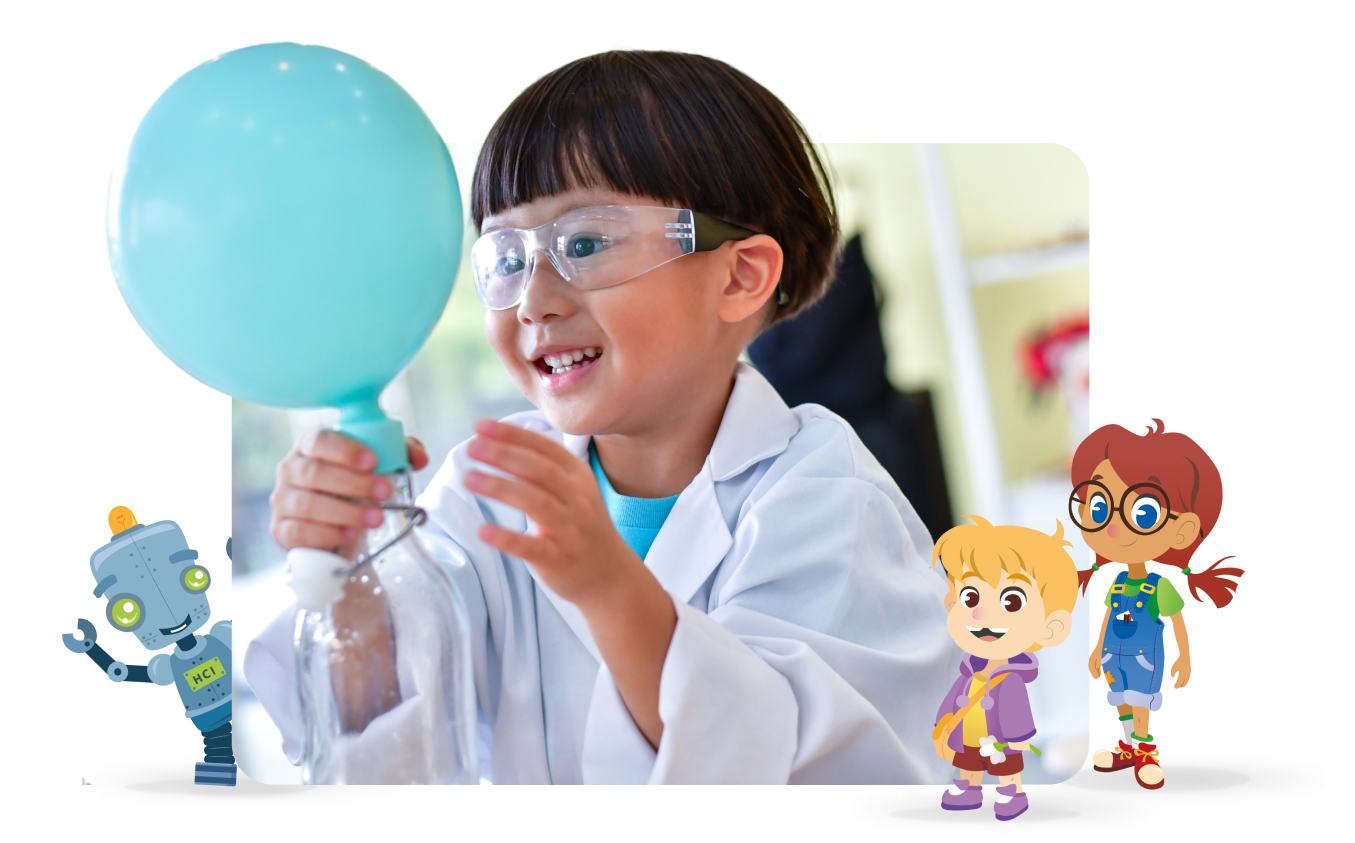
Pricing Plans
Kide Free
One free lesson plan of your choice every week (for 30 days).
- 30 days of access to one free lesson plan each week (access to each lesson resets 7 days after unlocking)
- On-screen lesson plans only
- Lesson instructions: Step-by-step guide, video guidance for teachers, educational tips, scientific explanations, and age/ability adjustment tips
- Access to some of the basic printables needed to do the lessons
Kide Team
![]() Businesses, districts & schools
Businesses, districts & schools
Unlimited access to all lesson and training content.
- Unlimited access to all content
- On-screen and printable lesson plans
- Lesson instructions: Step-by-step guide, video guidance for teachers, educational tips, scientific explanations, and age/ability adjustment tips
- Access to all printables
- Assessment materials for the classroom
- Complementary video training for teachers
- Teacher & school certifications
- Additional home experiments for parents
- Onboarding training for new users
Why Kide?
Cross-curricular– teach STEAM, problem-solving, and so much more in one lesson!
No screens for kids here: just pure, hands-on learning
Crafted with 💜 by teachers in Finland
Activities tested in real classrooms with real children around the world
Fantastic for both teachers in a classroom and parents at home
Backed by years of academic research in the University of Helsinki

What teachers say about us

We have been very impressed with the array of science lessons and how they can be used with the many different interests and studies of our school.
– Sara Reichstadt, Kinderberry Hill, USA

I love that it is a program that doesn’t underestimate children. Our educators value how easily accessible the platform is and how simple the equipment requirements are, meaning an enriching activity can be quickly initiated based on what the children are interested in that very day.
– Stuart Graham, The Operations Director of Monkey Puzzle, UK
I find Kide science to be a very useful tool with preschool (6 year olds) kids. It is motivating, interesting and made super easy for the teacher. Even with our special learners it has been a positive learning experience.
– Elsa Raittinen, Teacher in the Helsinki City, Finland

We wanted to start with Kide Science as we see how it expands the concepts of science and language education to the wider underpinning perspective of multiliteracy. Our teachers also value how easy the platform is for them to use and how engaging stories are in all the lesson plans for young children entering the imagination world.
– Carol Stancati, Director of the Red Balloon in School, Brazil
Frequently asked questions
- How can a lesson be appropriate for ages 3-8? That’s a really big age gap.
-
You're right! We don't expect you to teach the exact same lesson to every age group. Each experiment comes with adaptation tips to tailor the lesson to your respective age and skill levels.
These tips include ways to ease the task for the youngest scientists (beginner level) or provide a challenge for the more experienced ones (advanced level). Some learners could, for example, begin to measure the length of flowers using their fingers, whereas the more experienced ones could use a ruler for the same task and mark down results.
- Which Learning Standards do we match?
-
We fully correlate to the majority of Science State Standards (US). In addition, we support many other areas of learning, such as literacy, math, movement, and relationship skills. We have many alignment documents to show this; you can find those here.
Therefore, we make the perfect supplemental curriculum: focused on developing early years children’s playful inquiry skills. This means that we enhance ANY EXISTING core curriculum or standards.
- I already use a core curriculum. What more does Kide Science bring?
-
Kide Science provides a library of hands-on activities, giving teachers the flexibility to strengthen their preexisting curriculum with added content. We provide that extra boost of engagement through stories and imaginative play a more developmentally appropriate way to hook young learners in from the get-go.
Our secret is using stories and playful methods so that children feel that they're playing whilst they’re actually developing important science process skills. Also, we don’t take away from the time for literacy and math – those are integrated into our approach.
- How is Kide Science different from other STEM resources I already use?
-
Kide Science is play-based. Each lesson is built around a story, generating lots of engagement from young children. This is something that many other STEM programs lack: they don’t always bring the learning to a child’s level.
Scientific research shows that children learn better when playing and using their natural sense of wonder. That's why every Kide Science lesson starts with a story from an imaginary world! Stories and illustrations engage children and present research problems in a concrete, fun way - much more effective than science lessons with no context.
- How does Kide Science improve children’s learning?
-
Kide improves children’s curiosity and inquiry skills. It also builds their self-efficacy as they begin to trust themselves as capable learners. These skills greatly advance lifelong learning in all subjects, not just science.
Kide benefits the learning of all children, despite their learning abilities and backgrounds. Even children who struggle with concentration are much more engaged in Kide lessons.Kide also improves children’s learning by empowering teachers. We equip them with the right tools and methods to teach STEM to young children in an engaging and, most of all FUN way!
- How do you assess with Kide?
-
Kide is created with early years children in mind - and that goes for assessment too.
Especially at this young age, the most appropriate way to assess is by documenting and celebrating the learning process together. We provide teachers with practical and child-friendly ways to do this: we don’t have tests or online reporting systems, but we do have toolkits and writing templates to help gather and visualize children’s ideas and successes. This formative style best supports young children’s learning.
- What topics do you cover?
-
We truly are cross-curricular. Our main topics are Science, Technology, Engineering, Art, and Math (AKA… STEAM!), and we often thread all of these into the same lesson.
Kide also provides the perfect context for developing ELA skills. Our fictional, playful lessons encourage skills such as listening comprehension and print concepts. And children are supported to communicate their ideas in a variety of exciting ways: Kide learning is multimodal literacy at its finest!
And if you're still wanting more, our lessons also provide an opportunity to practice many other areas of learning, such as geography, health, and physical skills.
Ultimately, our goal is to give children the social-emotional, critical thinking and problem-solving skills needed to navigate the world as they grow.
- Do I need a science kit or special supplies?
-
Not at all! We’ve thoughtfully designed every lesson to use common kitchen supplies only. And hey - if you don't have something: we also often list alternatives. If you have these supplies, you can do 80 % of all of our activities.
- How much does Kide cost?
-
You can try out the curriculum for free, after which we provide separate plans for classroom and school.
Ask for more details for pricing by contacting us.
- Is the Kide Science platform for kids, or is it for adults?
-
We are proud to say that we are screen-free for children. Our platform provides teachers with hundreds of online and printable lesson plans, along with professional development opportunities.
Teachers use our platform to prepare before the lesson takes place together with the children. With Kide, the learning is hands-on, interactive and personal: the most appropriate pedagogy for young children.
- Does this take a lot of preparation?
-
No, it really doesn't. In fact - our starter lessons can be done right away with very basic supplies you already have on hand (like pens). On average, it takes about 15-20 minutes to prepare. This includes familiarizing yourself with the lesson, collecting supplies, and printing out any materials. Then you’re ready to go!
Loved by over 20,000 teachers globally
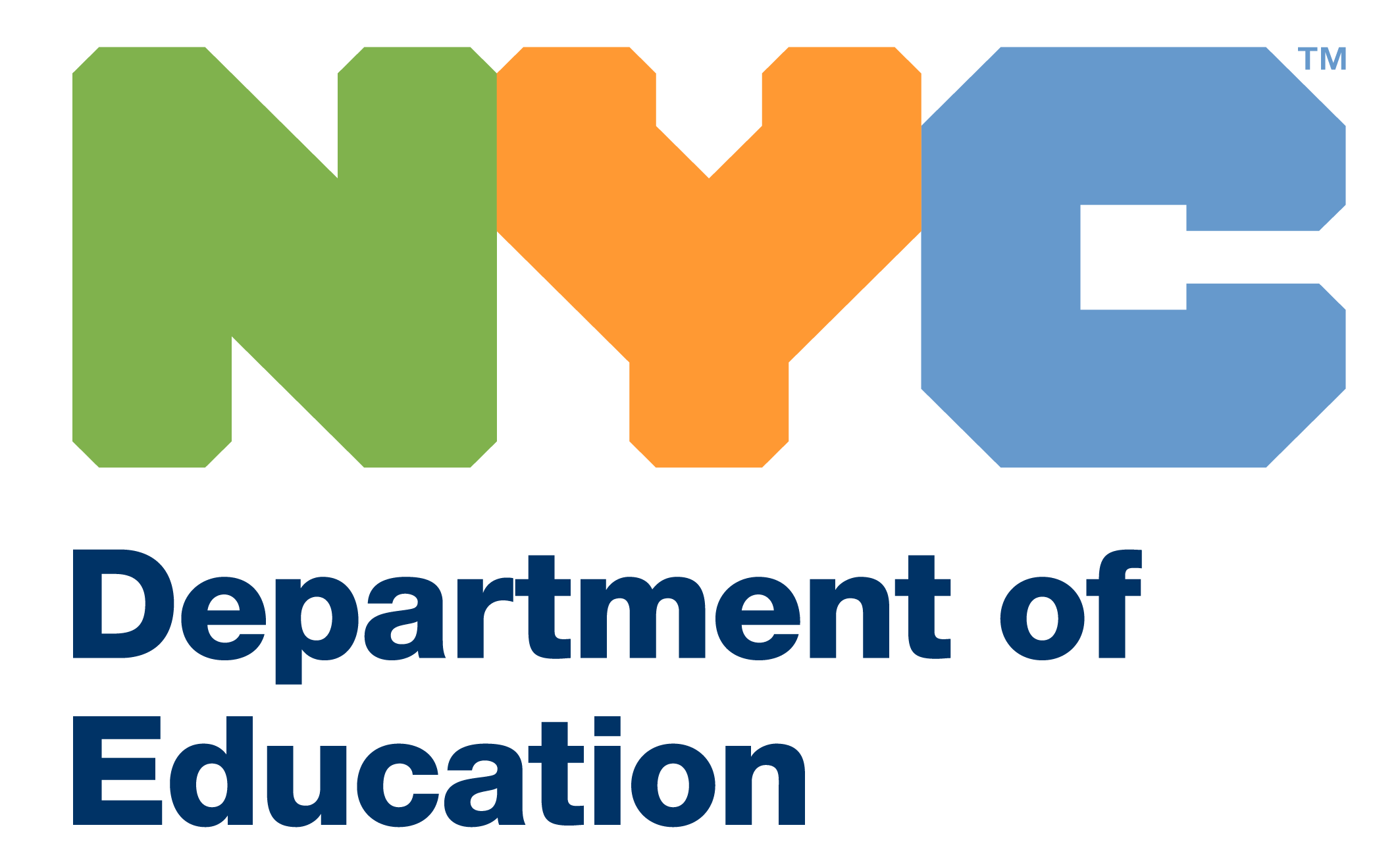
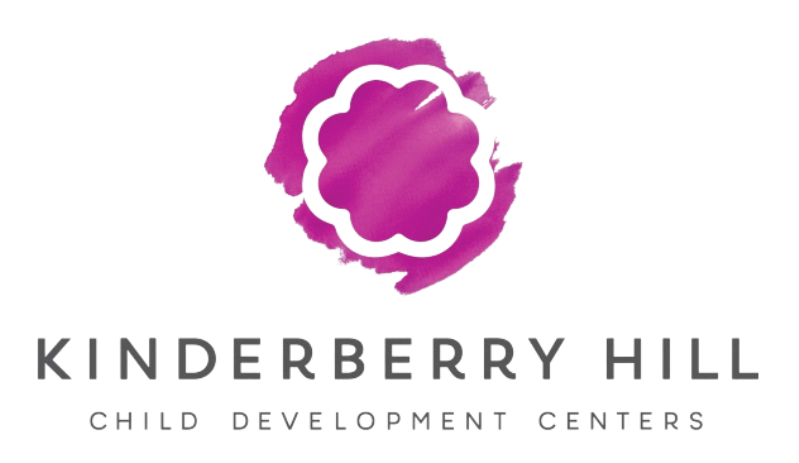

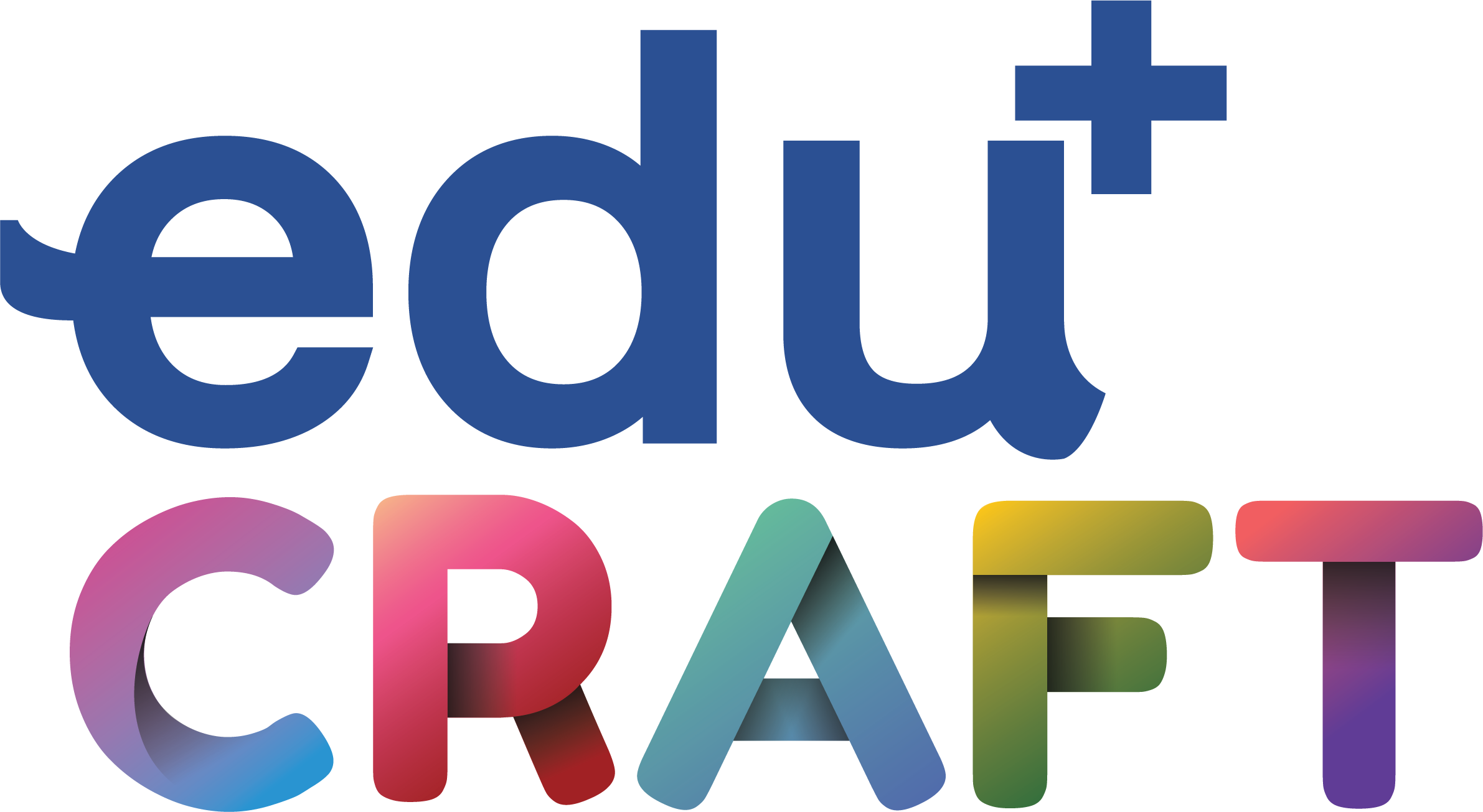
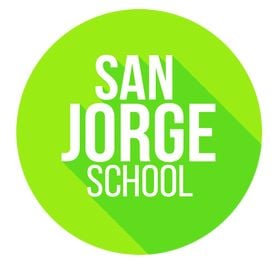
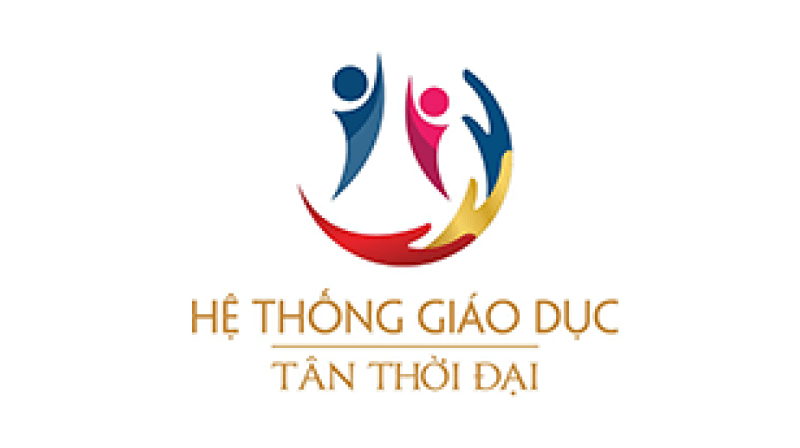
.png)
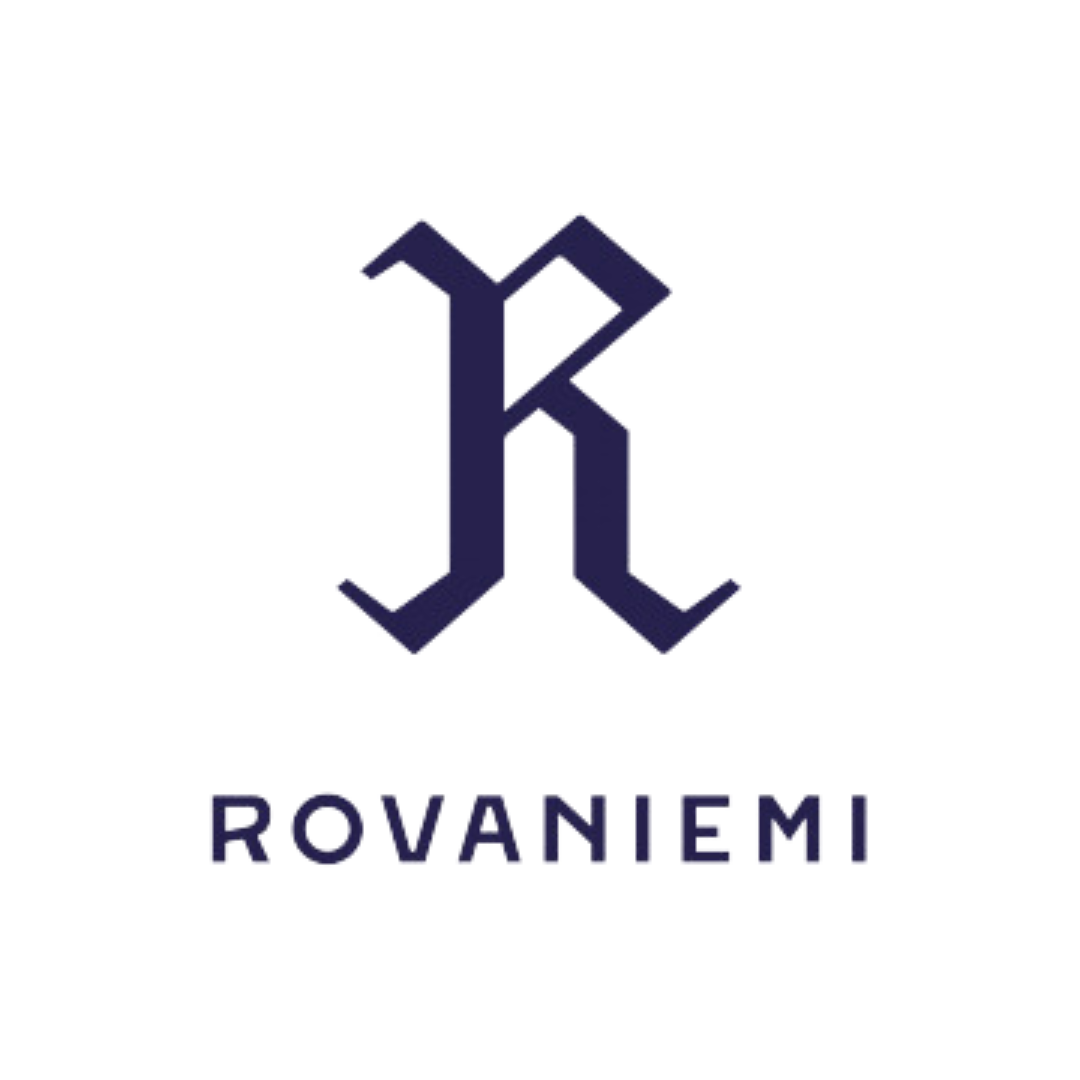

Ready to get started and create the best learning experience for your children?
Choose a plan